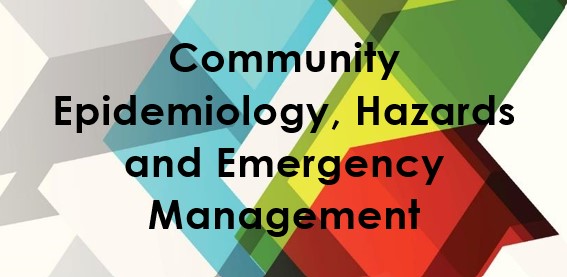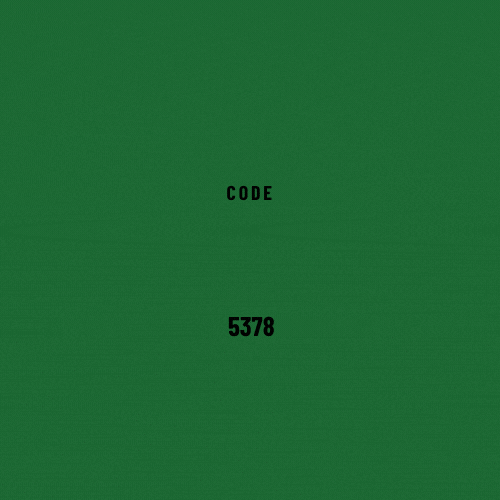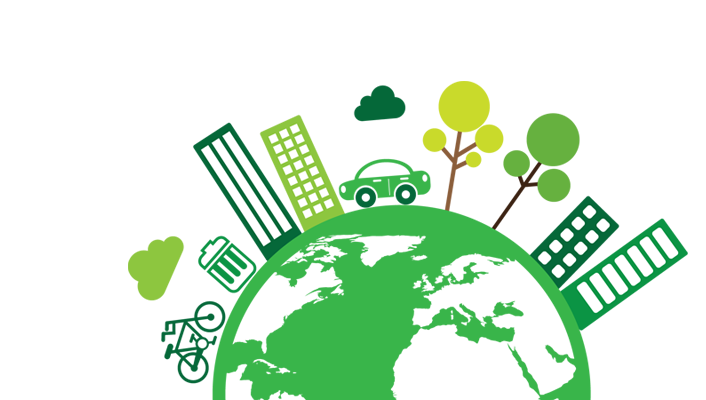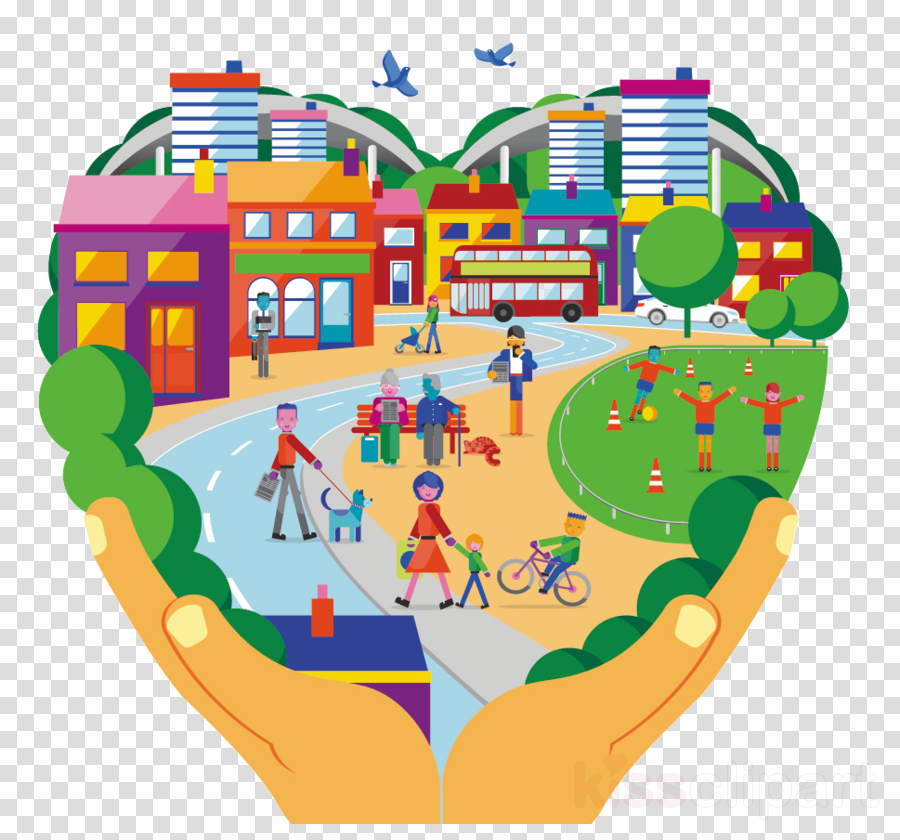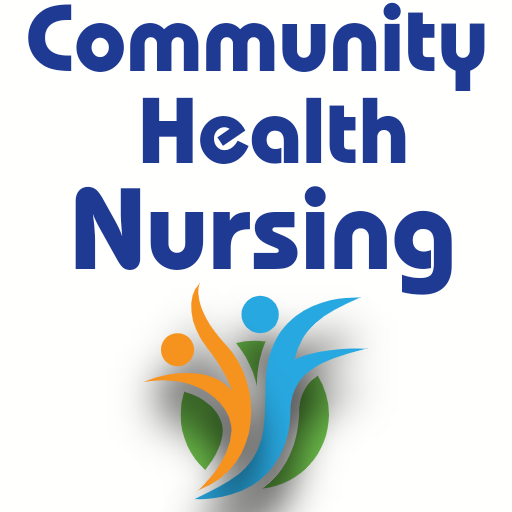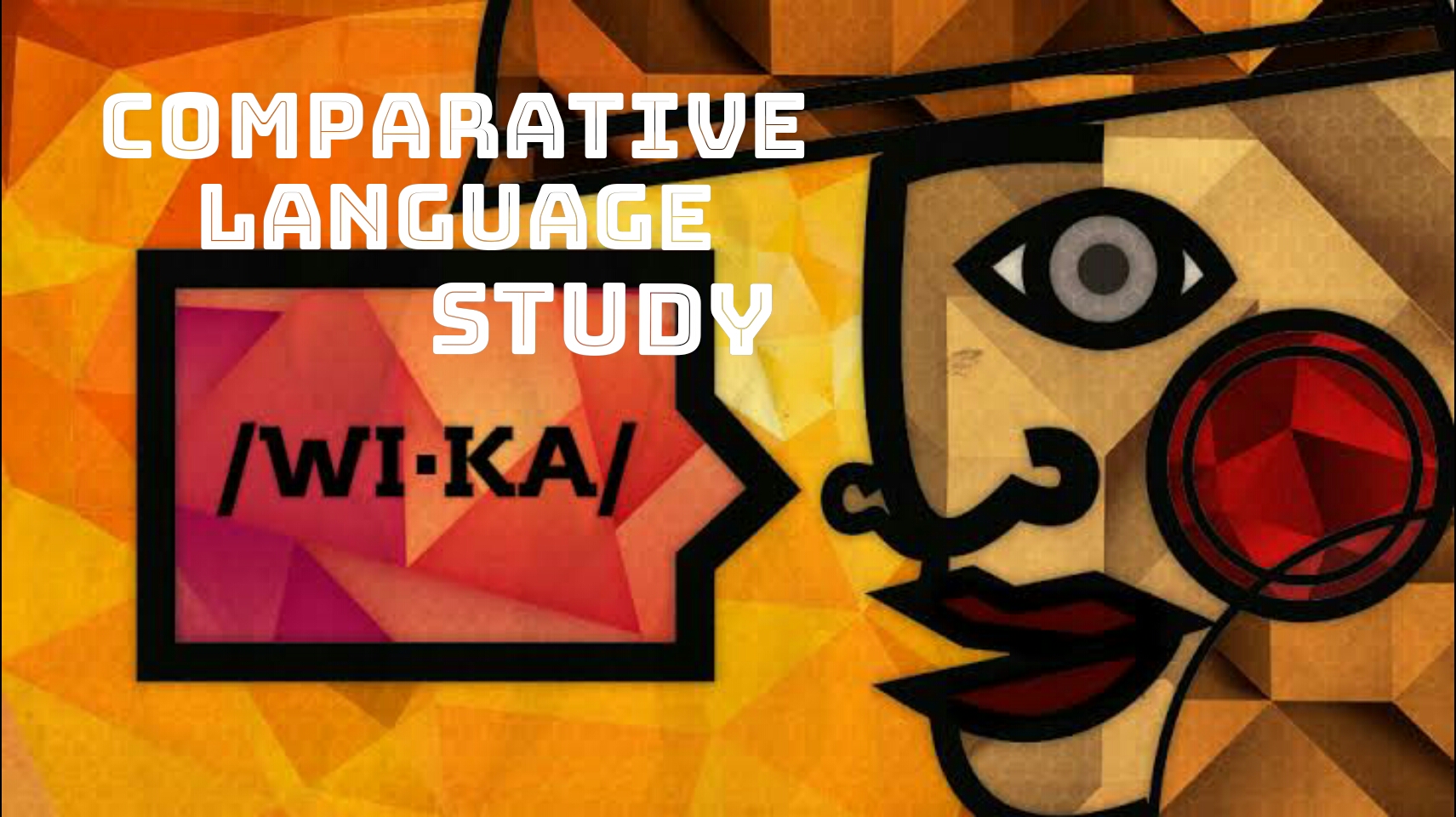Search results: 3380
Course Descriptive Title: Community Public Heath Laboratory
Code: 5084
Total Units: 2 Units
Date/Time: Monday (3:00-6:00 pm)/Thursday (3:00-6:00pm)
Instructor: Beverly B. Cadiente, RMT
VISION STATEMENT
The Bachelor of Science in Medical Laboratory Science envisions a leading provider of excellent and best quality education globally aligned and anchored on the values and beliefs of Saint Mary’s University, a premier CICM Catholic educational institution.
MISSION STATEMENT
The Bachelor of Science in Medical Laboratory Science commits itself to produce competent Laboratory Scientists equipped with full understanding of the principles acquired and skill for responsible application of the proper diagnostic methods and procedures necessary for the precise and accurate diagnosis and treatment of the patients.
PROGRAM EDUCATIONAL OUTCOME
The Bachelor of Science in Medical Technology/Bachelor of Science in Medical Laboratory Science (BSMT/BSMLS) is a four-year program consisting of general education and professional courses. The course develops knowledge, skills, professional attitude, and values in the performance of clinical laboratory procedures needed to help the physician in the proper diagnosis, treatment, prognosis, and prevention of diseases.
The minimum standards for the BSMT/BSMLS program are expressed in the 4 minimum sets of learning outcomes.
SMU MEDICAL LABORATORY SCIENCE OUTCOME
Knowledge:
1. Demonstrate analytical and critical thinking skills of the subject.
2. Engage in the collection, analysis, and projection of health information for improving the health care management system.
Skill:
3. Demonstrate technical competence in the performance of clinical laboratory tests in aid of diagnosis, treatment, and management of diseases vis-à-vis biosafety and waste management.
4. Demonstrate inter-personal skills, leadership qualities, and ethical practice of the profession.
5. Demonstrate effective teaching and communication skills.
6. Apply research skills in relevant areas of Medical Technology/Medical Laboratory Science practice.
Attitude:
7. Participate in community-oriented activities in Medical Laboratory Science field.
8. Engage in life-long learning activities with a passion to keep current national and global developments in general, and in Medical Laboratory science and health developments in particular.
Values:
9. Demonstrate responsible citizenship and pride in being a Filipino.
10. Practice Marian virtues personally and professionally reflecting and manifesting the CICM charism.
COURSE DESCRIPTION
It deals with the study of the history and foundations of community health that includes human ecology, demography, and epidemiology. It emphasizes the promotion of community, public and environmental health.
COURSE OBJECTIVES
At the end of the course and given stimulated conditions/situations, the students will be able to:
1. Understand concept of community, community organizing, and quality of health.
2. Increased the level of awareness about communicable and non-communicable diseases.
3. Recognize the importance of promotion of community health, community habits, and proper hygiene.
4. Appreciate the significance of health in the community.
5. Develop the ability to organize a community.
COURSE REQUIREMENTS
- Always accomplish attendance for the day and answer questions correctly. Graded attendance is base on the score.
- Quizzes either pre- or post- quizzes and chapter quizzes passing rate is 65%. Quizzes comprises 60% of the class standing.
- Quizzes will be posted from the time of class up to the 11:59 pm of the day for the comfort of the student. Missed quizzes can be taken within the week only. No notification (valid reason) before or after the quiz schedule, no special quiz. PM is the key.
- Activities are posted in LMS. Submit completion in the platform provided only. Late submissions will have an exact passing score only or be graded accordingly. Activities comprises 40% of the class.
- Term Exams is taken only to the given time and date, 2 gadgets are required upon taking the exams "NO 2 GADGET NO EXAM". Missed term exams can only be taken if there is a valid reason. No notification (valid reason) before or after the term schedule, no special exam. PM is the key. Term exam passing rate is 75%.
- Teacher: Beverly CADIENTE
- Enrolled students: 24
- Teacher: Aubrey Baby Ruth Nidea
- Enrolled students: 22
Course Descriptive Title: Community Public Heath Laboratory
Code: 5090
Total Units: 2 Units
Date/Time: Monday (3:00-6:00 pm)/Thursday (3:00-6:00pm)
Instructor: Beverly B. Cadiente, RMT
VISION STATEMENT
The Bachelor of Science in Medical Laboratory Science envisions a leading provider of excellent and best quality education globally aligned and anchored on the values and beliefs of Saint Mary’s University, a premier CICM Catholic educational institution.
MISSION STATEMENT
The Bachelor of Science in Medical Laboratory Science commits itself to produce competent Laboratory Scientists equipped with full understanding of the principles acquired and skill for responsible application of the proper diagnostic methods and procedures necessary for the precise and accurate diagnosis and treatment of the patients.
PROGRAM EDUCATIONAL OUTCOME
The Bachelor of Science in Medical Technology/Bachelor of Science in Medical Laboratory Science (BSMT/BSMLS) is a four-year program consisting of general education and professional courses. The course develops knowledge, skills, professional attitude, and values in the performance of clinical laboratory procedures needed to help the physician in the proper diagnosis, treatment, prognosis, and prevention of diseases.
The minimum standards for the BSMT/BSMLS program are expressed in the 4 minimum sets of learning outcomes.
SMU MEDICAL LABORATORY SCIENCE OUTCOME
Knowledge:
1. Demonstrate analytical and critical thinking skills of the subject.
2. Engage in the collection, analysis, and projection of health information for improving the health care management system.
Skill:
3. Demonstrate technical competence in the performance of clinical laboratory tests in aid of diagnosis, treatment, and management of diseases vis-à-vis biosafety and waste management.
4. Demonstrate inter-personal skills, leadership qualities, and ethical practice of the profession.
5. Demonstrate effective teaching and communication skills.
6. Apply research skills in relevant areas of Medical Technology/Medical Laboratory Science practice.
Attitude:
7. Participate in community-oriented activities in Medical Laboratory Science field.
8. Engage in life-long learning activities with a passion to keep current national and global developments in general, and in Medical Laboratory science and health developments in particular.
Values:
9. Demonstrate responsible citizenship and pride in being a Filipino.
10. Practice Marian virtues personally and professionally reflecting and manifesting the CICM charism.
COURSE DESCRIPTION
It deals with the study of the history and foundations of community health that includes human ecology, demography, and epidemiology. It emphasizes the promotion of community, public and environmental health.
COURSE OBJECTIVES
At the end of the course and given stimulated conditions/situations, the students will be able to:
1. Understand concept of community, community organizing, and quality of health.
2. Increased the level of awareness about communicable and non-communicable diseases.
3. Recognize the importance of promotion of community health, community habits, and proper hygiene.
4. Appreciate the significance of health in the community.
5. Develop the ability to organize a community.
COURSE REQUIREMENTS
- Always accomplish attendance for the day and answer questions correctly. Graded attendance is base on the score.
- Quizzes either pre- or post- quizzes and chapter quizzes passing rate is 65%. Quizzes comprises 60% of the class standing.
- Quizzes will be posted from the time of class up to the 11:59 pm of the day for the comfort of the student. Missed quizzes can be taken within the week only. No notification (valid reason) before or after the quiz schedule, no special quiz. PM is the key.
- Activities are posted in LMS. Submit completion in the platform provided only. Late submissions will have an exact passing score only or be graded accordingly. Activities comprises 40% of the class.
- Term Exams is taken only to the given time and date, 2 gadgets are required upon taking the exams "NO 2 GADGET NO EXAM". Missed term exams can only be taken if there is a valid reason. No notification (valid reason) before or after the term schedule, no special exam. PM is the key. Term exam passing rate is 75%.
- Teacher: Beverly CADIENTE
- Enrolled students: 24
- Teacher: DESIREE JOY ARQUERO
- Enrolled students: 26
- Enrolled students: No students enrolled in this course yet
- Enrolled students: No students enrolled in this course yet
COMMUNITY AND PUBLIC HEALTH
The course deals with the study of the history and foundations of community health that includes human ecology, demography and epidemiology. It emphasizes the understanding of the causes of different types of health problems, which include infectious diseases, chronic and environmental health hazards. It will also focus on the implications of health and illness in relation to a person's interaction to its environment.
- Teacher: CINDY MAY CALIMLIM
- Enrolled students: 47
The Community and Public Health for Medical Laboratory Science deals with the study of the history and foundations of community health, that includes human ecology, demography, and epidemiology. This course emphasizes the promotion of community, public, and environmental health.
- Teacher: DESIREE JOY ARQUERO
- Enrolled students: 40
This is a combined course of epidemiology hazards and management. It is designed for master students to learn to use fundamental statistics and epidemiological concepts in minimizing health hazards, and managing emergency cases or conditions in communities. Also in this course, students will examine the theoretical and empirical bases for health promotion, risk reduction assessment and intervention in community health care. National Health Agenda will provide the organizational framework for the consideration of health behaviors. Health promotion and risk reduction will be examined within an ecological perspective, including critical social, political, cultural and economic environments. Students will examine issues that impact the health of individuals, families, aggregates and communities.
- Teacher: JOMAN BALITON
- Enrolled students: 4
- Teacher: KRISTINE ALEJO
- Teacher: Zia Nicole Arquero
- Teacher: THELMA DELOS REYES
- Teacher: Geraldine Ferreras
- Teacher: MARISSA LYN LABANGCOC
- Teacher: JAYLORD SARAGOSALA I
- Enrolled students: 51
This course deals with the given individuals, families, population groups and communities with physiologic and psychosocial health problems and maladaptive patterns of behavior in varied healthcare settings, the learners demonstrate safe, appropriate, and holistic care utilizing the nursing process and applying research and evidence-based practice.
- Teacher: Philip Jerome Flores
- Enrolled students: 42
- Teacher: MENDELCHON ROSE BALISAN
- Teacher: Aileen Mae de Guzman
- Teacher: THELMA DELOS REYES
- Teacher: Emelito GOnzales
- Teacher: JOAN TAROMA
- Enrolled students: 50
- Teacher: Jake Fabian
- Teacher: Emelito GOnzales
- Teacher: Jacqui marcos
- Enrolled students: 49
- Teacher: Jake Fabian
- Teacher: Emelito GOnzales
- Teacher: Jacqui marcos
- Enrolled students: 54
- Teacher: MELCHORA BAUTISTA
- Enrolled students: 25
Rationale: This course is designed to provide student interns the opportunity to gain experience in all aspects of community pharmacy operation which includes current standards, policies, regulatory and operational requirements unique to community pharmacies and provide the intern knowledge on managing a community pharmacy.
Focus: The course will enhance the student interns’ knowledge of community pharmacy practice from both clinical and operational perspectives for them to demonstrate a good balance of being a pharmacist and a business person.
Outcome: At the end of the course, students are expected to demonstrate competency in the dispensing of medications following good dispensing practices, drug information provision, drug use evaluation/drug utilization reviews, patient profiling, procurement, inventory, warehousing and other relevant operations involved in the management of a community pharmacy.
- Teacher: MELCHORA BAUTISTA
- Enrolled students: 32
Ang kursong ito ay naglalayong magbigay – kabatiran sa sapat na pananaw ukol sa kalinangan ng ating wika, sa pagbabago ng kalagayan nito sa iba-ibang panahon hanggang sa kasalukuyan. Tutuklasin ang mga impluwensiyang lumikha ng pag pangkat-pangkat sa mga ito. Bahagi rin ang pahambing na pag-aaral sa mga pangunahing wika sa Pilipinas upang magamit na salalayan sa pag-aaral ng mga wikang minorya nang maging mabisang kasangkapan sa pagtuturo ng wikang pambansa.
INAASAHANG BUNGA NG PAGKATUTO
Panlahat
1. Nakikilala ang mga pangunahing wika at mga wikang minorya sa Pilipinas at ang kalikasan ng mga ito.
2. Natatalakay ang pag-unlad ng Filipino bilang Wikang Pambansa sa pagdaan ng mga panahon.
3. Nakagagawa ng paghahambing sa mga wikang pag-aaralan sa pamamagitan ng paraang singkroniko at dayakraniko.
Tiyak
1. Naisasalaysay ang paglinang sa wikang Filipino at sa naging kalagayan nito sa iba-ibang panahon hanggang sa kasalukuyan.
2. Nasasalisik ang kabatirang pangwika sa batas, memorandum, sirkular at kalatas sa pagpapahalaga ng pamaalaan, paralan, mass media, panitikan at iba pang sangay ng lipunan sa kaunlaran ng Filipino.
3. Naipaliliwanag ang mga teoryang salalayan sa pagtamo at pagkatuto ng wika.
4. Nakikilala ang mga pamaraan sa pahambing na pag- aaral ng wika at mga suliraning nakakaharap sa kaunlaran ng Filipino.
5. Naipaliliwanag ang mga paraang singkroniko at dayakroniko sa paghahambing ng mga wika at makapaglahad ng mga halimbawang modelo.
6. Nakabubuo ng pananaliksik- wika.
BALANGKAS NG KURSO
Linggo Paksa
1 I. Pag-uuri-uri ng mga Antropologo sa mga Angkan ng mga Wika
2 II. Mga Angkan ng Wika sa Daigdig at Ang Sakop nito
3 III. Ang Angkang Malayo-Polinesyo
4 - 6 V. Mga Teorya ng Pagkatuto at Pagtamo ng Wika
7 VI. Mga Modelo sa Paglalarawan ng Wika
Batas RLG, RGH at Pepet Law
8 VII. Ang Pamaraang Pahambing
9 Pagpasa ng mga inaasahang output
Mid Term Examination
10 – 11 VIII. Ang Pamaraang Pahambing
12 - 13 IX. Paghahambing ng Palabuuan ng iba-ibang Wika (Mga Modelo sa
Paglalarawan ng mgaWika)
14 - 17 X. Pananaliksik – Wika (Pamaraang Pahambing)
1. Paghahanda ng Pag-aaralang Wika
2. Sarbey ng mga Datos
3. Paglalahad
4. Resulta at Diskusyon
18 Final Examination
XIII. MGA PATAKARAN AT TAGUBILIN
Ang mga patakaran sa klase ay sadyang iniayon sa panahon ng pandemya kung saan pinananatili ang pag- aaral sa loob ng tahanan sa pamamagitan ng koneksiyong virtual. Kaya iniisa- isa ang mga patakaran:
1. Pamamalagi sa klase. Kinakailangan ang palaging pagpasok sa klase. Bagamat may pagluluwag sa mga pagkakataong ang koneksiyon sa internet ay mahina. Sa mga pagkakataong ang koneksiyon ay mahina, ang mga mag- aaral ay hinihikayat na magmensahe sa guro sa pamamagitan ng numerong inilathala, chat o kaya ay facebook / messenger.
2. Oras ng pagpasa ng takda. Ang lahat ng kahingian ng kurso ay hinihikayat na magpasa sa itinakdang araw. Sa mga pagkakataon na hindi umaayon ang koneksiyon, ipagpaalam ang dahilan sa guro upang mabigyan ng pagkakataong maipasa ito sa araw na mapagkakasunduan.
3. Pagsasagawa ng tungkulin. Ang lahat ng iniatas sa mga mag- aaral ay dapat sundin maliban lamang kung may napagkasunduang usapan na naaayon sa alituntunin ng unibersidad at batay sa code of conduct, data privacy act at manwal ng mga mag- aaral. Ang mga kagamitan sa pag- uulat ay tungkulin ng gagamit na gumawa ng hakbang. Hanggat maaari tumugon nang maayos at gawin nang may pagsasaalang- alang sa pangangailangan, kakayahan at kagamitang mayroon ang mga mag- aaral. Ang pagkakataong may hindi inaasahang dahilan na hindi maisagawa ang tungkulin ipagpaalam sa guro o pangkat sa gayon ay hindi makaapekto sa daloy ng klase.
4. Pagsasagawa ng karapatan. Malayang makapagtanong ang mga mag- aaral tungkol sa kanilang karapatan. Kinakailangan lamang ang wastong pamitagan sa guro at sa iba pang kasapi ng mga mag- aaral. Kapag may mga usapin o suliranin na nakaaapekto sa pag- aaral ay maaaring isangguni sa guro upang mapag- usapan ng mga kasangkot bago gumawa ng mas mataas na hakbang.
5. Pagdalo sa virtual classroom. Inaasahan na ang mga mag- aaral ay maaayos sa kani- kanilang sariling lokasyon upang mapabilis ang pakikibahagi sa talakayan ng klase. Maaaring pumasok sa klasrum ang mga mag- aaral na nahuli. Mahigpit na ipagbabawal ang lokasyong may mga larawang hindi kaaya- aya, pagkain sa oras ng talakayan, at anumang maaaring maging sagabal.
6. Moda ng pag- aaral. Sa kalahatan, ang LMS ay gagamitin ng lahat ng mag- aaral. Bagamat maaaring maging alternatibo sa pagpasa, pagtatanong, at pagkuha ng impormasyon ang email, text messaging, chat at facebook.
7. Oras ng pakikipagsangguni. Ang guro ay bukas sa pakikipagsangguni sa oras na itatakda o kung may kasunduang naaayon sa mag- aaral at guro sa layuning mapabilis ang pagsangguni. Iayon lamang sa tamang oras ng pakikipagsangguni.
Facebook / Messenger RC Gauuan
Email rcgauuan1985@gmail.com
Blogspot Sanlipi@blogspot.com
Message 09354931837
- Teacher: RODELIO GAUUAN
- Enrolled students: 10
Ang kursong ito ay naglalayong magbigay – kabatiran sa sapat na pananaw ukol sa kalinangan ng ating wika, sa pagbabago ng kalagayan nito sa iba-ibang panahon hanggang sa kasalukuyan. Tutuklasin ang mga impluwensiyang lumikha ng pag pangkat-pangkat sa mga ito. Bahagi rin ang pahambing na pag-aaral sa mga pangunahing wika sa Pilipinas upang magamit na salalayan sa pag-aaral ng mga wikang minorya nang maging mabisang kasangkapan sa pagtuturo ng wikang pambansa.
- Teacher: RODELIO GAUUAN
- Enrolled students: 5


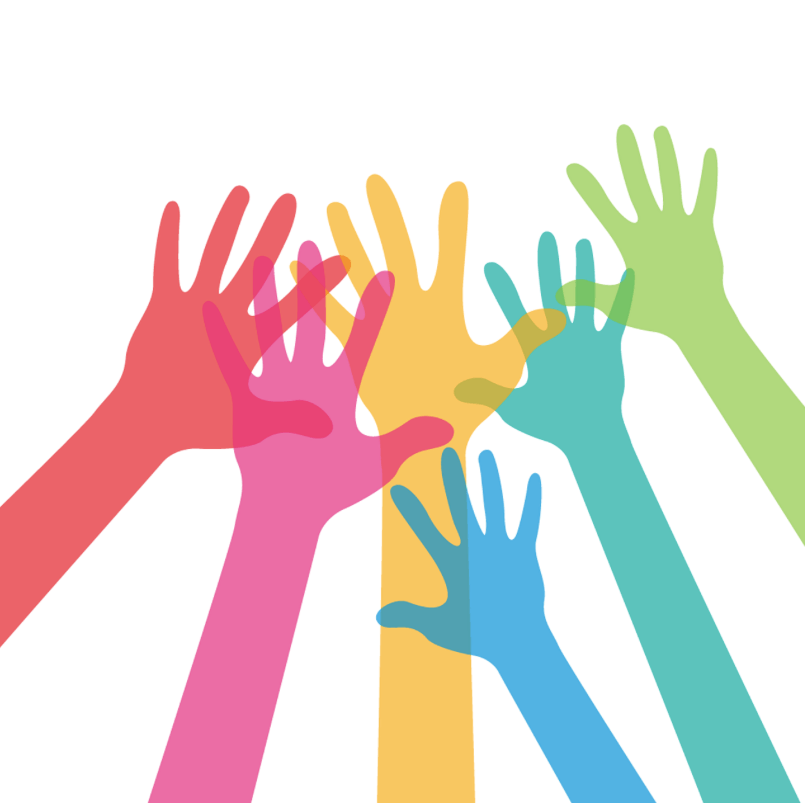
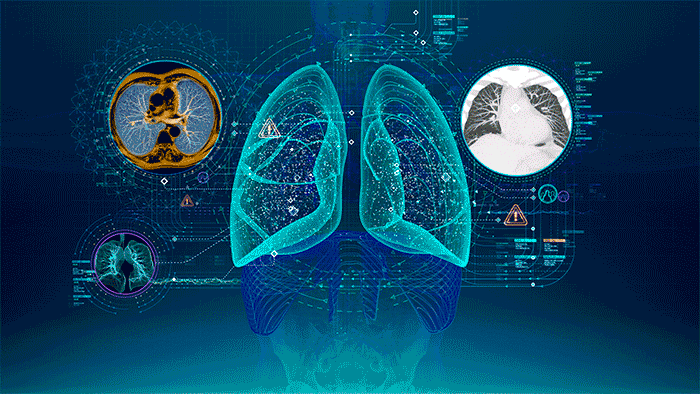
![Community and Public Health for Med Lab Science Lecture (MLS-CPH Lec [505<span class="highlight">7</span>] BMLS 1A-1)](https://lms.smu.edu.ph/pluginfile.php/193605/course/overviewfiles/images-1-900x260.png)
![Community and Public Health for Med Lab Science Lecture (MLS-CPH Lec [50<span class="highlight">7</span>2] BMLS 1B-1)](https://lms.smu.edu.ph/pluginfile.php/193629/course/overviewfiles/cph%20lec.gif)
